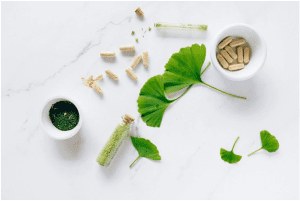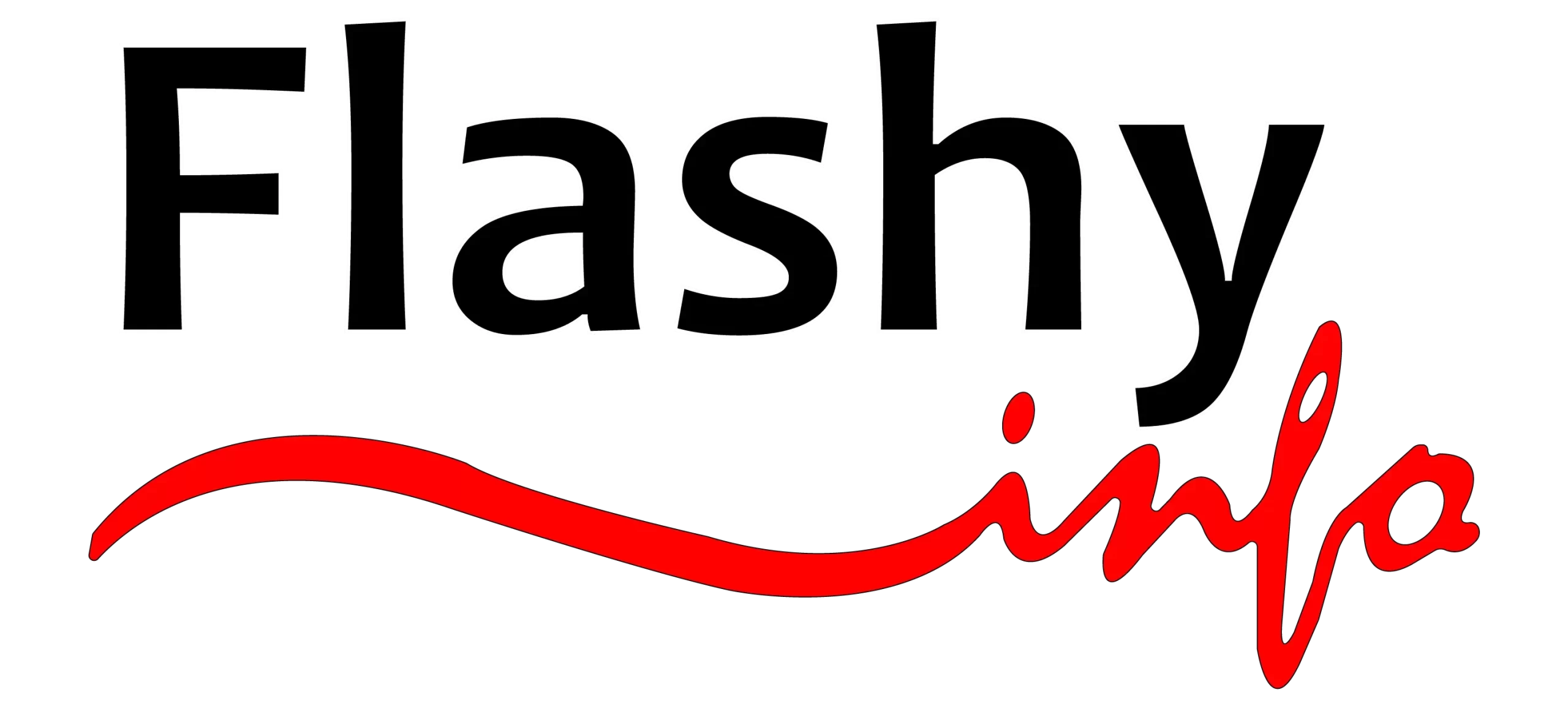The Top 6 Natural Alternatives to Adderall for ADHD
Are you seeking a natural Adderall alternative? Well, look no further! This article provides six excellent options to consider. Adderall is ordinarily prescribed for those struggling with ADHD. It’s a stimulant that can enhance focus and concentration; however, it’s also addictive and may cause undesirable side effects such as headaches, nausea, and anxiety. So, if you’re done with synthetics or are hoping to avoid harsh chemicals altogether — plenty of fantastic alternatives exist!
The 6 natural alternatives to Adderall – Dealing with ADHD naturally

Adderall is a stimulant medication most commonly prescribed to treat attention deficit hyperactivity disorder (ADHD). It is a central nervous system stimulant that increases the levels of certain chemicals in the brain, which helps to improve focus and concentration. However, Adderall can be addictive and may cause undesirable side effects such as headaches, nausea, and anxiety. So, finding an alternative, like OTC supplements that improve focus or even using more fish oils can make a big difference. Below are six natural alternatives to Adderall that may help improve focus and concentration without the harsh side effects:
1. Omega-3 Fatty Acids
Omega-3 fatty acids are a type of unsaturated fat that is essential for brain health. These fats can be found in fish, such as salmon, mackerel, and sardines, as well as in flaxseeds, chia seeds, and hemp seeds. Omega-3 fatty acids are nootropic supplements that are also known to improve cognitive function and have anti-inflammatory effects. Furthermore, they have also been shown to be effective in treating ADHD, especially when used in combination with other therapies. Omega-3 fatty acids are generally safe and well-tolerated, but they can cause gastrointestinal side effects such as bloating, belching, and fishy breath. Hence, if you decide to take omega-3 supplements, it is best to start with a lower dose and increase gradually as needed.
2. Ginkgo Biloba



The herbal supplement Ginkgo Biloba has been used for centuries in traditional Chinese medicine. This supplement is derived from the leaves of the ginkgo tree and is thought to improve blood circulation to the brain, which may in turn improve cognitive function. Ginkgo biloba is also known for its antioxidant effects. Most studies on ginkgo Biloba and cognitive function have been conducted on older adults, but there is some evidence to suggest that it may also be effective in treating ADHD. While ginkgo Biloba is generally considered to be safe, it can cause bleeding and interactions with other medications. Therefore, it is best to consult with a healthcare professional before taking this supplement.
3. Bacopa Monnieri
Bacopa Monnieri is an herb that has traditionally been used in Ayurvedic medicine. This herb is thought to improve cognitive function and memory by increasing the levels of certain neurotransmitters in the brain. Bacopa Monnieri is also known for its anti-inflammatory and antioxidant effects, as well as a great brain health supplement you can use. Bacopa Monnieri appears to be most effective when taken over a period of several months. Furthermore, it is generally considered to be safe, but some people may experience side effects such as nausea, diarrhea, and abdominal cramps.
4. Rhodiola Rosea
Rhodiola Rosea is an herb that has traditionally been used in Russian and Scandinavian folk medicine. This herb is thought to improve cognitive function and memory by increasing the levels of certain neurotransmitters in the brain. Rhodiola Rosea is also known for its anti-inflammatory and antioxidant effects. On the other hand, one study found that Rhodiola Rosea had no effect on cognitive function. In addition, Rhodiola Rosea may cause side effects such as gastrointestinal distress, headaches, and dizziness.
5. Ashwagandha
Ashwagandha is an herb with a long tradition of use in Ayurvedic medicine. This herb is thought to improve cognitive function and memory by increasing the levels of certain neurotransmitters in the brain. Ashwagandha is also known for its anti-inflammatory, antidepressant, and anxiolytic effects. In addition, Ashwagandha has also been shown to be effective in treating ADHD. While the exact mechanisms are not clear, it is thought that Ashwagandha may help to improve focus and concentration by reducing stress and anxiety.
6. Gotu Kola
Gotu kola is an herb that has traditionally been used in Chinese and Ayurvedic medicine. This herb is thought to improve cognitive function and memory by increasing the levels of certain neurotransmitters in the brain. Gotu kola is also known for its anti-inflammatory and antioxidant effects. Gotu Kola is most effective when taken over a period of several months. On the other hand, if you choose Gotu kola, be sure to purchase a product that is standardized for triterpene content.
If you are considering trying any of these natural alternatives to Adderall, it is important to speak with a healthcare professional first, as some of these supplements can interact with other medications. Furthermore, it is important to remember that these supplements are not a replacement for medication and should only be used in combination with other treatments.
Keep Visiting Flashy Info







